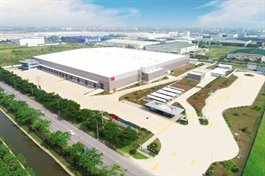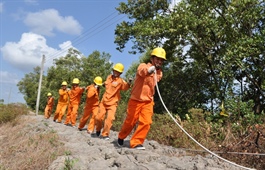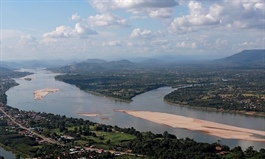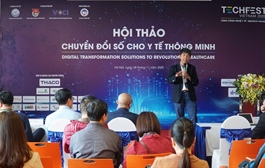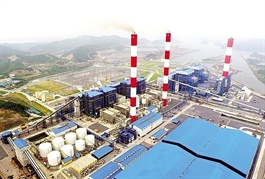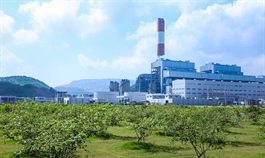Hanoi agriculture strives to grow at least 3% this year
Hanoi agriculture strives to grow at least 3% this year
The city has mapped out specific solutions to ensure farm production goals, while minimizing the impact, towards sustainable development.
Hanoi’s agricultural sector this year strives to achieve growth of 3% or more, focusing on focus on large-scale production, high-tech application and smart agriculture, according to the municipal Department of Agriculture and Rural Development.
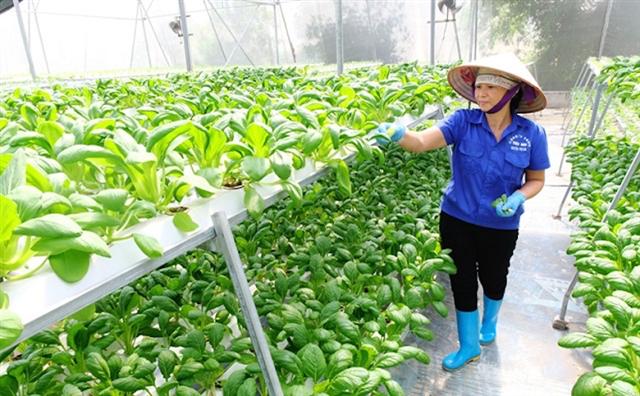
A vegetable-planting facility in Soc Son district, Hanoi. Photo: Ngoc Anh
|
Targets for 2021
This year, the city plans an estimated 232,000ha for cultivation, including 160,000ha of rice fields and 33,000 ha for growing vegetables and beans. Another 7,200 ha will be used for the cultivation of flowers and ornamental plants, satisfying the demand for consumption in the city and for export. In addition, 22,350 ha will be dedicated to the cultivation of high-yield fruits such as grapefruit, orange and longan.
The city also aims to raise 145,000 cows, 1.8 million pigs, stabilize poultry flock in 40 million heads and maintain 24,000ha for aquaculture.
Mr. Chu Phu My, the Director of the Department of Agriculture and Rural Development, said that agriculture is still a risky field and vulnerable to weather factors and diseases. Therefore, Hanoi has mapped out specific solutions to ensure its goals, while minimizing the impacts, towards sustainable development.
"The city will promote the application of science and technology, thereby increasing the productivity and quality of agricultural products, and facilitating the development of the processing industry," Mr. My said.

Mr. Chu Phu My, Director of the Hanoi Department of Agriculture and Rural Development
|
Hanoi will concentrate on increasing the organic production area for key crops, especially the area for growing vegetables and fruit trees. In addition, the city will effectively exploit the riparian zones of rivers (Red, Da, Day, Duong) to grow crops, strengthen manufacturing with high-tech application, build farms in combination with ecotourism, and experience tourism.
At the same time, the agricultural sector will develop high quality crop varieties that are resistant to pests, and adaptable to climate change. The sector will gradually replace paddy cultivation with vegetables, beans, fruit trees growing and safe livestock breeding with high quality and value.
"The One Commune One Product program will also be paid due attention to promote the value of agricultural products," Mr. My said.
Achievements in 2020 despite Covid-19
According to a department report, in 2020, the Covid-19 pandemic caused a heavy toll on farm production, shrinking the consumption market and hindering the food processing industry due to the social distancing measures.
However, the capital's agricultural sector still achieved a growth rate of 4.2% despite potential risks of African swine fever and avian flu, and unusual weather phenomena.
In 2020, total production value of agro-forestry-fishery in the city rose by 4.5% against the same period of 2019 to VND38.1 trillion (US$1.67 billion). The production structure has changed in a timely manner, of which cultivation and forestry accounted for 41.55%; livestock and fisheries 56.22% and service 2.23%.
Notably, the city has 164 high-tech farm production model and 141 food safety chain links with heavy investments of businesses, cooperatives, and farmer households.








